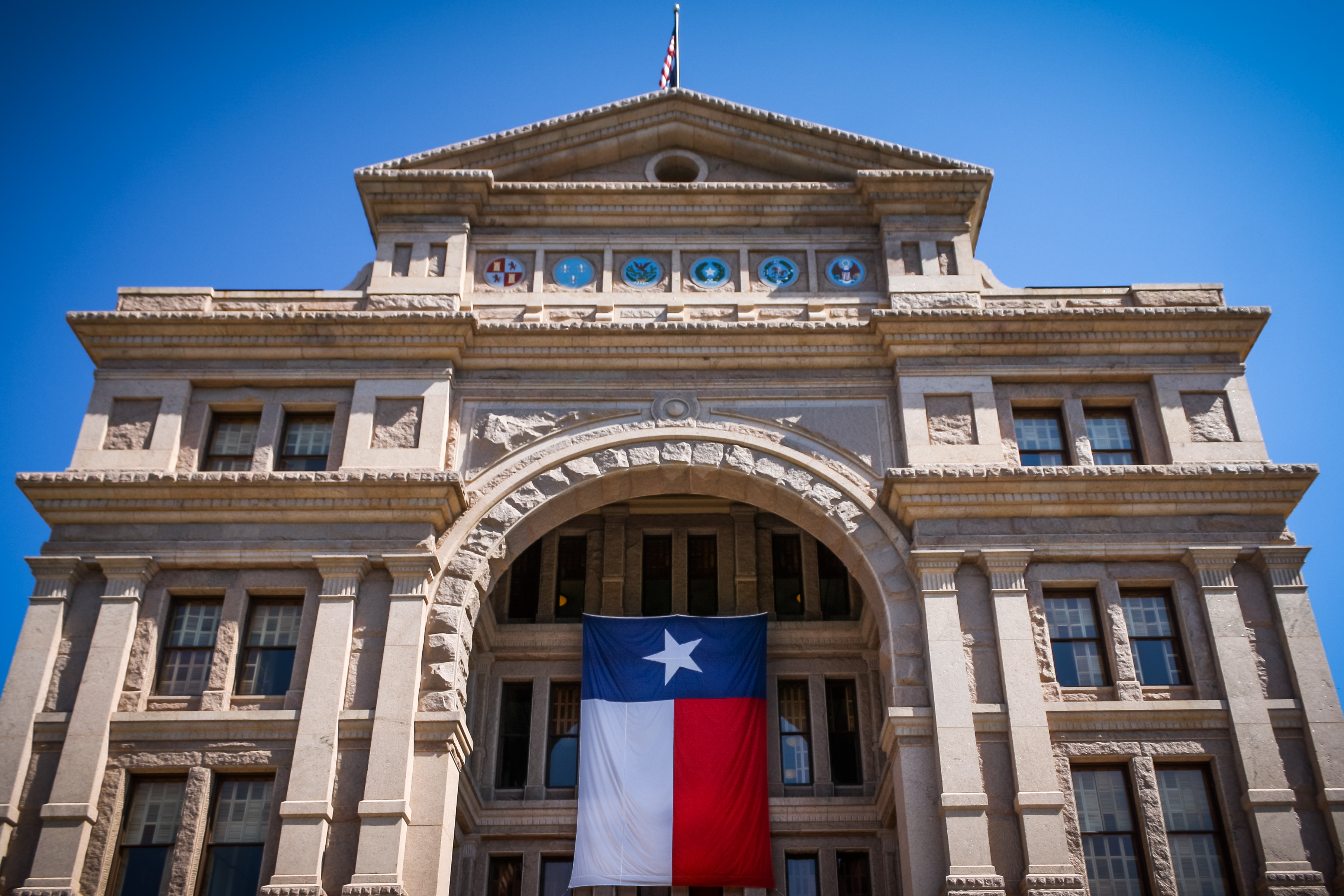Texas Legislature Passes HB 19, Transportation Industry Breathes Sigh of Relief

Houston, Texas (July 13, 2021) - Transportation industry insiders have known for quite some time that the industry has been in crisis and under immense pressure. The increased demands from commerce have butted up against burdensome regulations and oversight, a nationwide driver shortage, and rising operating costs. Lurking around all this has been a growing trend of nuclear verdicts in accident litigation. Nine-figure verdicts, disproportionate to the damages claimed, have become more common, often as a result of our nation’s judiciary failing to use existing mechanisms to dismiss or limit claims, or exclude inflammatory or prejudicial evidence at trial. Needless to say, the industry has been desperate for help, and it finally came in the form of Texas House Bill 19 (HB 19).
The Texas legislature passed HB 19 in an effort to curb the use of so-called reptile theory tactics in trucking accident cases. Reptile theory tactics are used by claimants to specifically target the motor carrier/trucking company as opposed to the driver. Often, the company’s safety culture as a whole, and more particularly, its policies and procedures with respect to hiring, training, and supervision are attacked. This strategy encourages jurors to put themselves in the claimant’s position, and suggests the jurors themselves, or the community at large, may be in danger if the company’s policies, or lack thereof, are allowed to continue.
Once HB 19 becomes effective on September 1, 2021, a jury may have to find a truck driver liable before vicarious liability against a motor carrier and exemplary damages can be presented to the jury. HB 19 provides motor carriers a timeframe to file a motion seeking a bifurcated trial. The first trial phase determines the driver’s liability and the amount of compensatory damages. The second trial phase then determines the motor carrier’s direct liability, for claims such as alleged negligent hiring or training, and the amount of exemplary damages.
HB 19 also covers an alleged failure to comply with regulations or standards. Notably, evidence of a defendant’s alleged failure to comply with a regulation or standard is only admissible in the first phase of the bifurcated trials if: (1) the evidence tends to prove the alleged failure to comply was a proximate cause of the bodily injury; and (2) the regulation or standard is (i) specific and governs or (ii) is an element of a duty of care applicable to the defendant, applicable to the defendant’s employee, or when the defendant’s property or equipment are at issue.
Notably, HB 19 does not prevent a claimant from pursuing an ordinary negligence claim against a motor carrier that does not require a finding of negligence by an employee as a prerequisite to a motor carrier being found negligent, such as negligent maintenance. Therefore, evidence regarding those claims may be presented during the first phase of a bifurcated trial.
In addition, HB 19 impacts the admissibility of photographic and video evidence in civil cases involving motor carriers. Courts may no longer require expert testimony to admit into evidence a photograph or video of a vehicle or object involved in the accident, except as necessary to authenticate the same. Properly authenticated pictures or videos of a vehicle or object involved in the accident are presumed admissible.
The impetus for HB 19 appears to include a high-profile case resulting in a nearly $90 million verdict against Werner Enterprises. In that case, the driver of a pickup truck lost control of the vehicle, crashed through the center median, and entered oncoming lanes of traffic on the interstate before colliding with a semi-truck. Despite those facts, counsel for claimants argued the driver should not have been on the road due to severe weather conditions. Counsel for claimants also criticized Werner Enterprises’ hiring and training practices.
As one could imagine, HB 19 is a controversial topic. Keep Texas Safe, a group managed by a plaintiff trucking-injury attorney, opposed HB 19, arguing that the bill would make Texas roadways less safe for all drivers. In contrast, the Texas Trucking Association believes HB 19 will protect the rights of all Americans traveling through Texas while simultaneously reducing the opportunity for trial lawyers to manipulate evidence and obtain sizable verdicts in cases where commercial vehicle owners are not at fault or where the claimant is not injured. The CEO of the Texas Trucking Association also hopes HB 19 will have a positive impact on insurance rates in Texas.
For more information on this new law, contact the authors of this post. Visit our Transportation Practice page to find additional alerts in this area.
Authors:
Sean Wood, Associate
Kristopher M. Stockberger, Partner
Todd A. Gray, Managing Partner - Pittsburgh, PA


